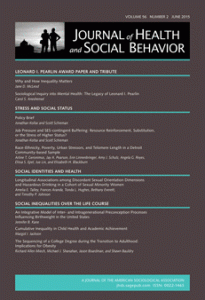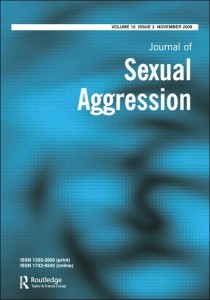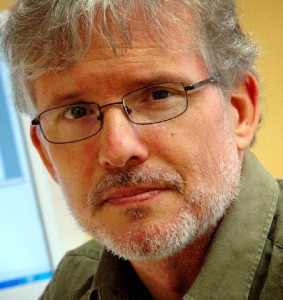A correction to a 2011 paper doesn’t change its main conclusion: Hearing song lyrics about violence — “let the bodies hit the floor,” for example — can prompt aggressive behavior, even more so than violent imagery in music videos.
The correction follows an investigation by Macquarie University that found errors in data analysis to be an “honest mistake.”
During the study — “The effect of auditory versus visual violent media exposure on aggressive behaviour: The role of song lyrics, video clips and musical tone,” published in the Journal of Experimental Social Psychology — the authors measured the effect of violent songs or imagery using the “hot sauce paradigm.” In this model, researchers estimate people’s level of aggression by how much hot sauce they give another person to eat. The study found that, indeed, people who are exposed to violence — particularly, lyrics — give more hot sauce to their neighbors. It has been cited 6 times, according to Thomson Scientific’s Web of Knowledge.
One aspect of the paper prompted a tweet from a Dutch journalist: Continue reading Violent songs can lead to spicy food, and other lessons we learned from corrected graphic




 It may not be much of a surprise that narcissistic CEOs of pharmaceutical companies will make bold choices, such as adopting radically new technology. That idea remains true, despite a lengthy correction to a paper that supports it.
It may not be much of a surprise that narcissistic CEOs of pharmaceutical companies will make bold choices, such as adopting radically new technology. That idea remains true, despite a lengthy correction to a paper that supports it.

 A widely reported finding that the risk of divorce increases when wives fall ill — but not when men do — is invalid, thanks to a short string of mistaken coding that negates
A widely reported finding that the risk of divorce increases when wives fall ill — but not when men do — is invalid, thanks to a short string of mistaken coding that negates 
